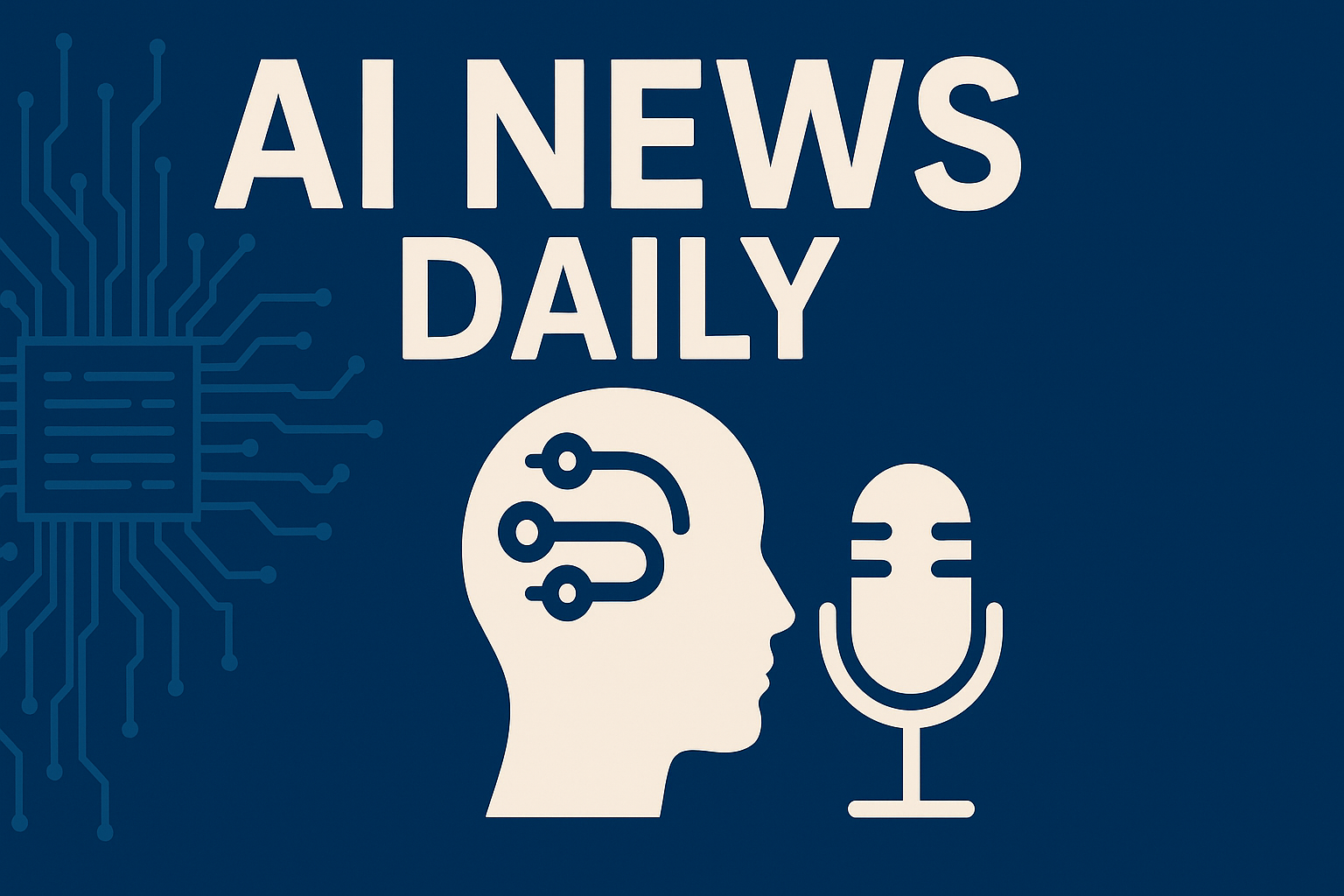Title: AI Industry Roundup: OpenAI’s $500B push and GPT-6, Oracle’s GPT-5 rollout, and major health, education, and consumer AI launches
Content: OpenAI kicked off development of GPT-6 to deliver more personal, memory-enabled experiences after the controversial GPT-5 launch. The company is weighing an internal stock sale that could value it at $500 billion as CEO Sam Altman warns of a potential AI bubble even while signaling massive—potentially trillion-dollar—datacenter investments. OpenAI also released gpt-oss, its first open‑weight reasoning model for offline and customizable research use, and debuted the budget ChatGPT Go plan in India at $4.60 per month with global expansion planned.
Oracle embedded OpenAI’s GPT-5 across its database and cloud application stack—including Fusion, NetSuite, and industry apps—bringing advanced reasoning, code generation, debugging, and data analysis with scalable APIs, enterprise security, and integration paths such as ChatGPT Enterprise. Oracle also expanded its AI partnership with Google Cloud.
Healthcare saw notable moves: Microsoft and Epic Systems are deploying AI-powered medical scribes to automate clinical documentation and reduce burnout, while Epic added generative AI to revenue cycle and provider workflows. Separately, NASA and Google introduced an AI medical assistant for deep-space missions that can autonomously diagnose and guide treatment during long communication delays.
Google rolled out Gemini-powered audio in Docs so users can generate and listen to document readouts. Its Flights service now uses generative AI to surface cheaper, personalized options; a new Flight Deals tool debuts in India first, while broader generative trip-planning features are live across the US, Canada, and India. Google Translate is integrating Gemini “Advanced” translations starting with English–Spanish and English–French, unveiling a revamped interface and an interactive Practice Mode that gamifies language learning, upping rivalry with Duolingo. In media, Google struck its first local news-agency deal to bring Australian Associated Press journalism into Gemini for more trusted news results.
Education adoption continues to climb. Cal State and several Canadian universities are expanding access to tools like ChatGPT, sparking debates over ethics, plagiarism, and responsible use. Liverpool primary schools report notable grade gains after adopting Century Tech’s AI platform. In India, NCERT and UEducate are digitizing textbooks with multimedia and translation to reach millions of students, especially in remote areas.
Workplace use and safety are under scrutiny. MIT’s Project NANDA finds over 90% of employees use personal AI tools at work without IT approval, fueling a “shadow AI economy.” After a suicide linked to a ChatGPT-based therapist, calls have intensified for clear safety standards for AI mental health products; Meta and Character.AI also face criticism for marketing “therapeutic” tools to children. Otter is being sued over alleged call recording without full consent and using that data to train its AI.
Cybersecurity is in an AI arms race as both attackers and defenders automate. New tools emphasize human-in-the-loop oversight, including Cyware’s open-source Model Context Protocol Server, which connects LLMs to threat intelligence to automate and orchestrate response.
Across industries, creators say generative AI is cutting costs and boosting output, while pharmaceutical firms report AI systems are removing millions of counterfeit drug listings online. Robinhood launched “Digests by Robinhood Cortex” in the UK to explain stock moves in everyday language.
xAI broadened access to its ecosystem with Grok Imagine for Android, turning text and photos into images and videos while stoking debate over content safeguards; Grok’s rapid adoption has propelled it to the No. 2 spot among more than 10,500 AI tools.
Investment and regional momentum remain strong. India is emerging as a hotspot for early-stage AI VC, especially in developer tooling and infrastructure. Eight Sleep raised $100 million to scale AI-driven sleep optimization products. China’s AI buildout is accelerating: daily AI token usage is up more than 300-fold in 18 months, the country is ramping domestic chip production amid US export controls, and consumer AI momentum is reflected in Meitu’s 71% profit jump in H1 2025. Meta, meanwhile, is overhauling its AI strategy to stay competitive, and digital advertising is wrestling with authenticity after AI-generated influencers appeared in Nexon campaigns on TikTok.
